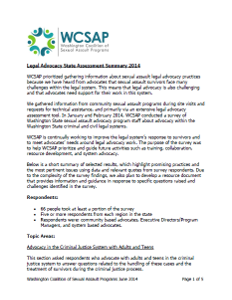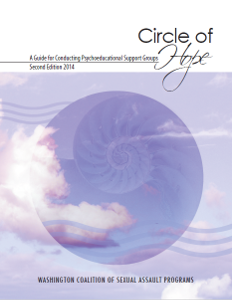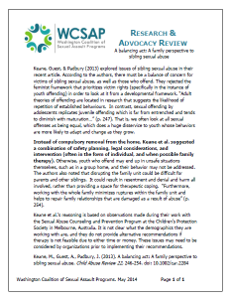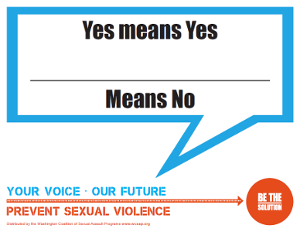Even though we work in the anti-violence field, we sometimes overlook the need for workplace violence prevention and intervention plans for our own programs. While agencies may be well aware of the risk of violence from an abuser who is connected to a client, we may not consider the possibility of employee-to-employee violence, risk from someone who is stalking or abusing a staff member, or threats from a worker whose employment is being terminated.
Managers could use the following…



